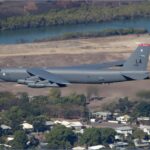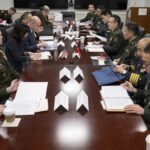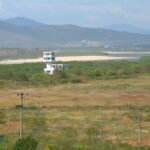
VINCE SCAPPATURA AND RICHARD TANTER AUGUST 4, 2025 I. INTRODUCTION Vince Scappatura and Richard Tanter use previously unreported declassified CINCPAC Command Histories and Australian cabinet papers to examine the decisions by the Australian government under Prime Minister Malcolm Fraser in the early 1980s to allow the deployment of USAF B-52 Stratofortress bombers. The authors situate both Australian […]









